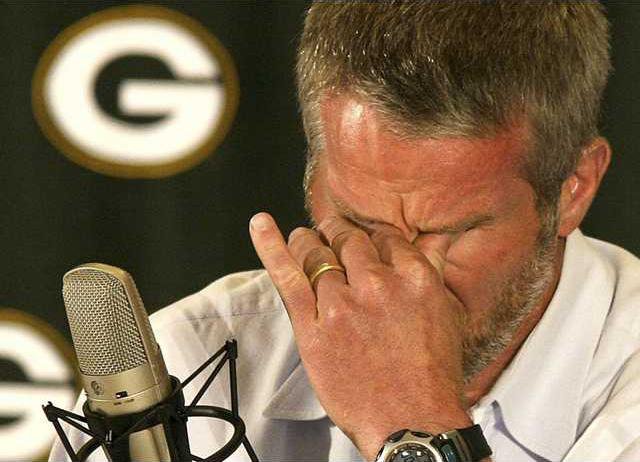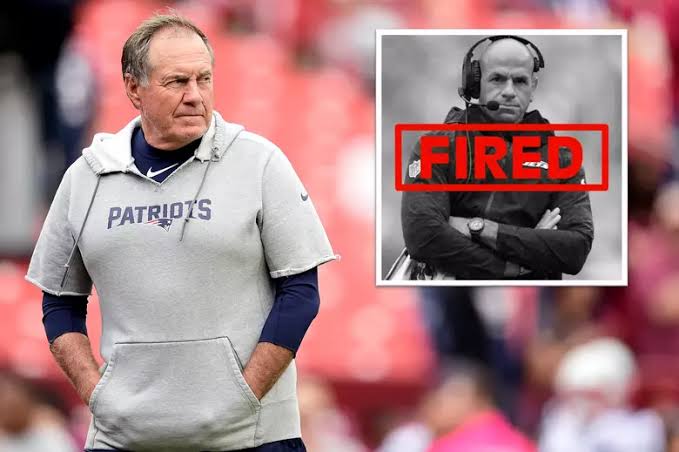Located 45 minutes southeast of Louisville, the lake is out of a Clint Eastwood Western. Nestled at the end of a winding, one-lane road, the man-made lake meanders through bluffs and forests as cell phones fall out of service.
The body of water was built in 1983 by the U.S. Army Corps of Engineers as a means of flood control for Salt River. It’s known as one of the most fertile fishing holes in all of Kentucky, with driftwood and fallen timber providing the perfect shoreline shelter for fish.
It’s easy to see why Mitchell fell in love with Taylorsville Lake. You can save your Instagram filters out here. Once the sun sets and the dock fishermen disperse, it’s peaceful and still.
“When you’re in the woods, you aren’t talking,” said Ben Henry, Mitchell’s older brother by five years. “You’re just enjoying nature. I think there is some kind of spiritual aspect to it.”
Mitchell’s connection to the outdoors was strengthened through catfishing, a sport he treated like an art form. There’s more to it than just plunging your hand in the water and feeling around for fish. The kind of catfishing the Henrys enjoy requires baiting live bluegill to 25- or 50-fish lines, tied from trees to rocks that are wrapped in string and tossed into the lakebed.
As the trip begins, Terry pulls out an empty one-gallon Gatorade jug to keep the line snug at the water’s surface. And inside the boat, which is still housed in the Henry family garage, it feels like Mitchell never left.
The jug has Mitchell’s name written on it, with a phone number and address in case any fish and wildlife officers come around. The boxes and lures are the same Mitchell often used.
Mitchell loved every part of this process. As a child, he’d go out and catch 200 bluegill with Terry and house them in an oxygenated barrel for safekeeping. Catfish need live bait, so Mitchell would set three alarms each night to check on the fish, making sure nothing had gone wrong.
“He’d wake me up and be like, ‘We have to change the creek water,'” said Mitchell’s mother, Lesley. “So we’d put five-gallon buckets in the car and go down here to the creek and fill up buckets of water in the middle of the night just to keep these bluegill alive.”
On this particular Monday night in late April, Terry and Ben bait a bucket of fish to four lines, a process that takes a few hours. Father and son grab a quick sandwich after docking the boat and set their alarms for 1 a.m. to check the lines. There are no hotels around these parts. Sleep comes either in your truck or under the stars.
Terry tells some of his favorite Mitchell stories to pass the time, like when his son knocked him out of a kayak on a fishing trip. Or the time he downed a 48-pack of mini donuts on a relatively short drive home from the lake. (Mitchell was always a prodigious eater, even at 12 or 13 years old.)
And while laughter breaks the evening silence, the subject can be difficult to talk about at times for Terry, Ben and those who loved Mitchell dearly. It’s not an easy topic to discuss, but being back on the water, it seems, feels therapeutic.
“Why he hadn’t gone? It’s because of Mitchell,” said Ben about his father’s sabbatical from catfishing. “It’s hard to (when) that’s who he did it with.”
It was through E-town youth sports that Mitchell met three of his biggest mentors in football coaches Maceo Arnette and Mike Savage, and basketball coach James Haire, who all remained close with Mitchell through his cancer battle years later.
Arnette coached Mitchell in middle school and once convinced him to stick with football when Mitchell had reservations about the sport’s physicality. Before Mitchell went to college, Arnette also became his personal trainer of sorts.
Every summer, the two worked out together at E-town Swim & Fitness Center, a routine that continued even after Mitchell reached the NFL.
Mitchell opened up to Arnette in a way few others ever experienced, especially after his illness. Arnette couldn’t relate to Mitchell’s passion for the outdoors, but they frequently talked about Mitchell’s desire to someday own a bait-and-tackle shop.
As much as the box jumps and lifts were intended to improve Mitchell’s chances on the football field, the truth is the sessions were equally beneficial to Arnette, who once lost 45 pounds during a summer spent with Mitchell.
“He was helping me save my life,” Arnette said. “Truthfully, he got me in shape. That’s what I appreciate more than anything. I know I was training him, but I know for a fact he was training me.”
There’s a running joke that even though Mitchell became an NFL player, baseball was his best sport and basketball was his favorite. His grandfather, “Pops” Jude Talbott, coached basketball at nearby Bardstown and played on a Sweet 16 team for Western Kentucky in 1960.
Playing for Haire, E-town’s boys basketball coach for the past 25 years, Mitchell made the varsity as a freshman and was on the floor nearly every minute during his final two years.
He averaged 21.3 points and more than 11 rebounds per game as a senior, and brought E-town (with its roughly 750-student enrollment) within one game of Kentucky’s division-less state tournament.
“He was like a man among boys, how he could move and how strong he was,” Haire said. “Everybody knew where the ball was going to go and he would still be able to dominate.”
As impressive as Mitchell’s athletic achievements were, it meant more to Haire to see the man he became. Mitchell was a quiet kid in high school. Haire, who doubled as his history teacher, estimates Mitchell said 10 words to him during four years.
But then Mitchell opened up after taking speech classes and getting involved in groups at Western Kentucky. Years later, when Mitchell was already in Green Bay, Haire once asked if he’d come speak to the current team.
“He drove straight here,” Haire said. “I wish I would’ve recorded that so I could play it to every team every year. That’s how tremendous it was.”
Savage coached Mitchell in football from when he was 8 all the way through high school. It was on the E-town football field where Mitchell’s star shined brightest. As a junior, he had one of the biggest games in the history of the state when he had 13 catches for 325 yards and two TDs against Glasgow.
Beyond the coach-player relationship, though, Savage grew close with both Mitchell and Terry. By the time he was 10, Mitchell went hunting with his dad and Savage. The three even traveled to Canada together to fish for walleye once.
“I think he enjoyed the peacefulness,” Savage said. “To be able to look at the wildlife and enjoy what’s been given to us, and share with other people. I think he enjoyed that part of it because he touched so many lives in the wildlife department.”
When it came time to choose a college, it wasn’t a given Mitchell would attend Western Kentucky like his grandfather and parents before him. Mitchell had his eye on Ole Miss, but there were questions about whether coach Houston Nutt would be retained after a 4-8 season in 2010.
Meanwhile, Willie Taggart was recruiting Mitchell to Western Kentucky. With Western’s campus in Bowling Green, only an hour drive from E-town, Mitchell committed in February 2011.
“I said, ‘Mitchell, hey, you can always be a game-changer for them,'” Savage said. “That’s a time they were going from Division II to Division I. I was like, ‘This could be a huge opportunity for you.'”




 :Bill Belichick’s Potential Move to the New York Jets Raises Eyebrows
:Bill Belichick’s Potential Move to the New York Jets Raises Eyebrows